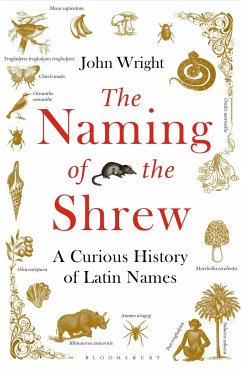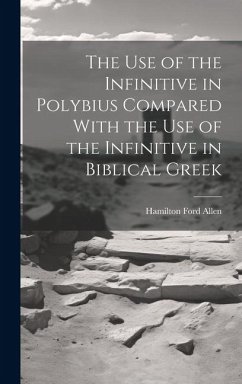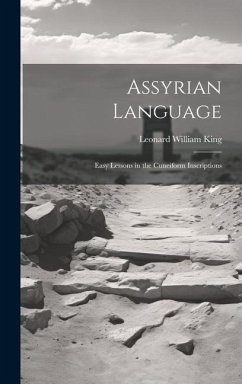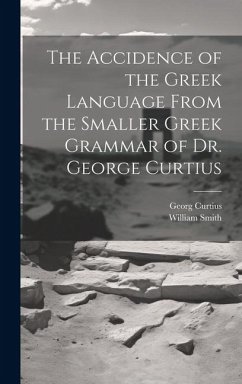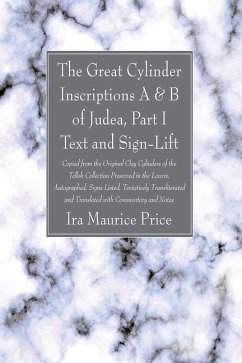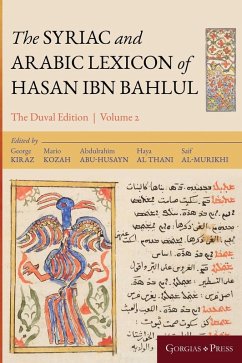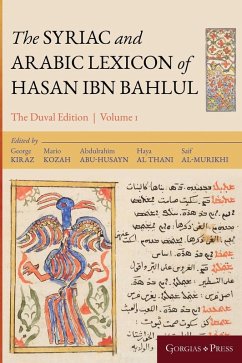
Latin Grammarians on the Latin Accent
The Transformation of Greek Grammatical Thought
This book offers a fresh perspective on a long-standing debate about the value of Latin grammarians writing about the Latin accent: should the information they give us be taken seriously, or was it copied mindlessly from Greek sources? Through careful analysis of Greek and Latin grammatical texts, this book argues that both sides are partly right.





